Learn more about our impact
Learn more about our impact
- What we care about
- People
- Places
- Species
- Climate crisis
- Sustainability
- How we work
- Public policy
- Science
- Business
- Wildlife conservation
About WWF
WWF works to sustain the natural world for the benefit of people and wildlife, collaborating with partners from local to global levels in nearly 100 countries.
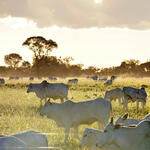 Beef
Beef
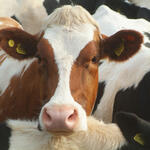 Dairy
Dairy
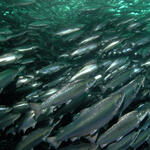 Farmed Salmon
Farmed Salmon
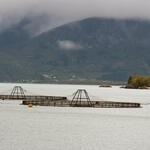 Farmed Seafood
Farmed Seafood
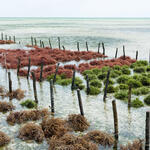 Farmed Seaweed
Farmed Seaweed
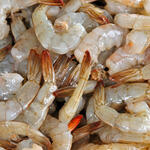 Farmed Shrimp
Farmed Shrimp
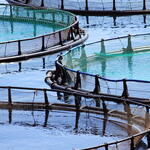 Other Farmed Seafood
Other Farmed Seafood
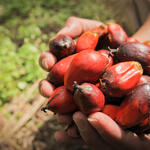 Palm Oil
Palm Oil
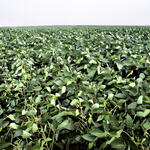 Soy
Soy
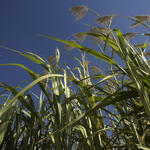 Sugarcane
Sugarcane
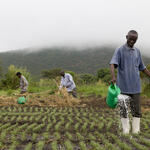 Sustainable Agriculture
Sustainable Agriculture
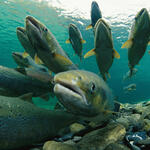 Sustainable Seafood
Sustainable Seafood
 Tropical Shrimp
Tropical Shrimp
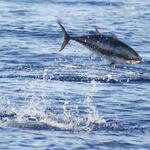 Tuna
Tuna
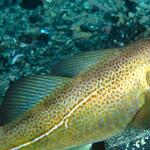 Whitefish
Whitefish
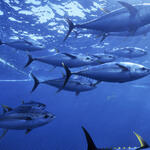 Wild-Caught Seafood
Wild-Caught Seafood
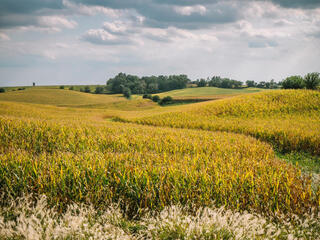
 Sustainability Works
Plant a Pollinator Garden for National Wildflower Week
Sustainability Works
Plant a Pollinator Garden for National Wildflower Week
f92e.jpg)

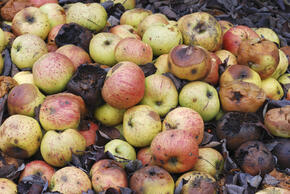
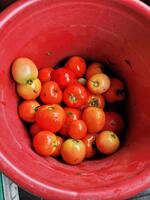
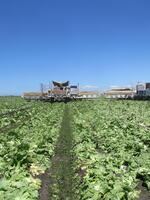
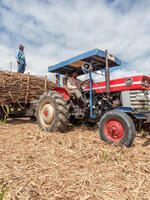
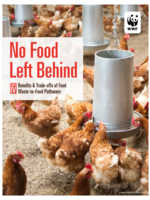
 Jason Clay
Senior Vice President, Markets | Executive Director, Markets Institute
Jason Clay
Senior Vice President, Markets | Executive Director, Markets Institute
 Pete Pearson
Senior Director, Food Loss and Waste
Pete Pearson
Senior Director, Food Loss and Waste
 Stephanie Cappa
Director, Policy and Government Affairs
Stephanie Cappa
Director, Policy and Government Affairs
 Brent Loken
Global Food Lead Scientist, Global Science
Brent Loken
Global Food Lead Scientist, Global Science
 Melissa D. Ho
Senior Vice President, Freshwater and Food
Melissa D. Ho
Senior Vice President, Freshwater and Food